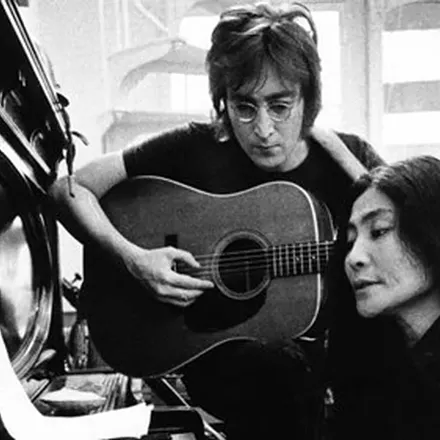Maybe character studies of line-blurring cops are nothing new in popular culture; we’ve had our share of Bad Lieutenants and The Shields. But director Oren Moverman—working with the poet laureate of the Southern California criminal-justice underbelly, James Ellroy—finds a uniquely bracing spin on the notion in Rampart.
Woody Harrelson plays Dave Brown, a 24-year veteran of the Los Angeles Police Department—and of questionably legal tactics—in 1999, when the real-life Rampart Division corruption scandal has become a media firestorm. So it’s a particularly bad time for Brown to be caught on video beating up the guy who plowed into his cruiser—and it may even have been a setup.
Moverman does a terrific job of building the framework for Brown’s unique character, from the funky makeshift household he shares with his two ex-wives—who happen to be sisters (Cynthia Nixon and Anne Heche)—to his serial bar pickups. And Harrelson’s performance is fantastic, a whirlwind of cocky entitlement who figures he knows exactly how to play every angle of the system, yet builds every action on his conviction that he’s the good guy. It’s fascinating watching Dave deal with a world that’s changing around him faster than he can understand the new rules.
Considering this is, at its core, a character study, the plot details do start to get a bit unnecessarily knotty, including the ambiguous roles of Dave’s retired mentor (Ned Beatty) and his new girlfriend (Robin Wright). There are also a few major aesthetic stumbles in Moverman’s generally low-key approach, including an interrogation in which the constantly panning camera becomes a look-at-me distraction, and an over-the-top journey into an underground sex club. Rampart works much better when it’s focused on one terrific performance of one fascinating character—a complex cop who sees the world in terms that are far too simple.
RAMPART
Woody Harrelson, Ned Beatty, Cynthia Nixon
Rated R
More by Scott Renshaw
-
Film Reviews: New Releases for April 25
The Accountant 2, On Swift Horses, The Shrouds, The Legend of Ochi, Havoc
- Apr 24, 2025
-
Film review: THE ACCOUNTANT 2
Follow-up to the 2016 Ben Affleck action drama embraces the weird, for better or worse.
- Apr 23, 2025
-
Comedian Steve Hofstetter interview
On his comedy origins, dealing with hecklers, and how a Utah appearance helped define his on-stage sensibility
- Apr 23, 2025
- More »
Latest in Film Reviews
Readers also liked…
-
Sundance 2025 wrap-up plus February special screenings
Uncertainty about the future location shifts focus away from the movies
- Feb 5, 2025










